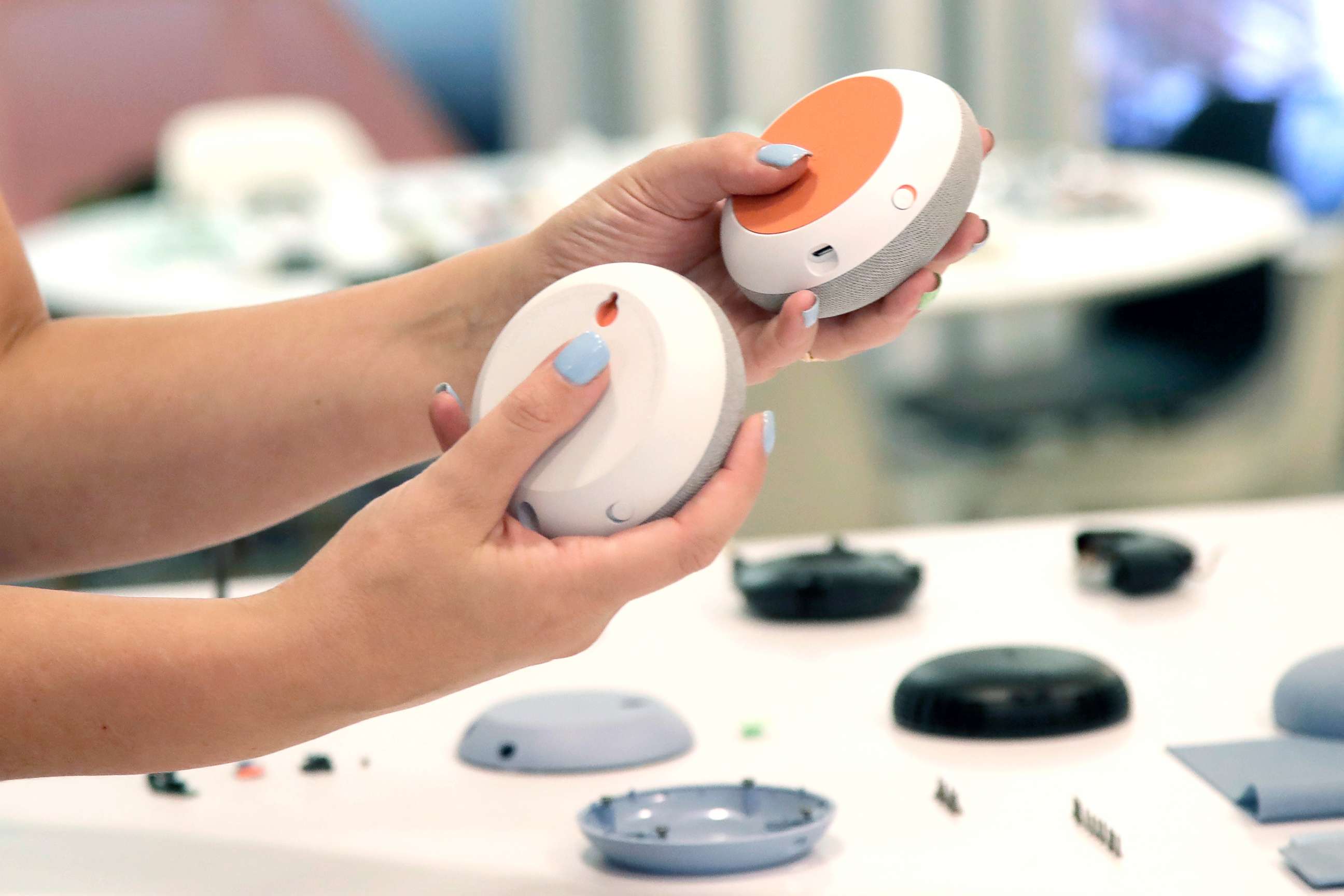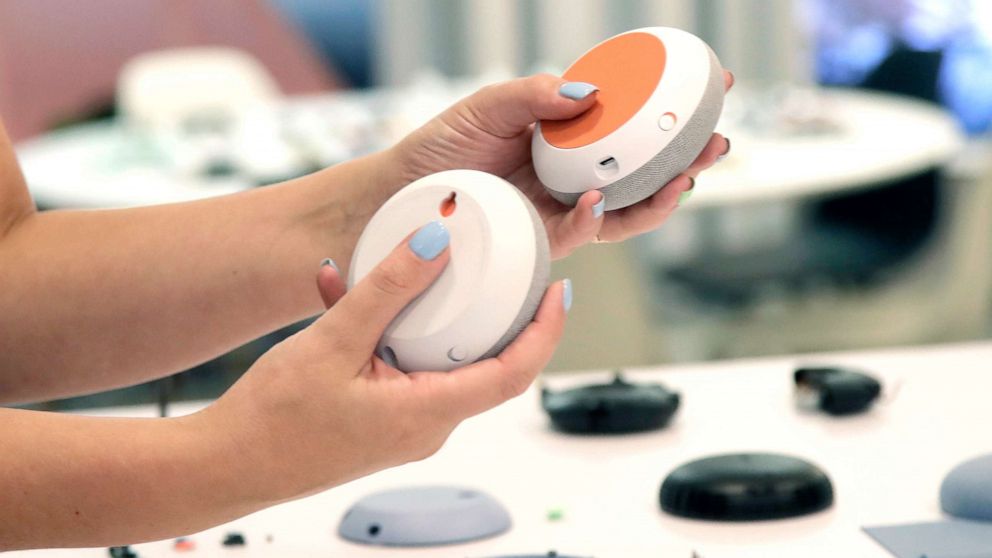Google’s Nest Mini turns recycled plastic bottles into a smart speaker
This is a Digital Trends story.
Google, in an effort to support environmental sustainability, has announced a $150 million investment in renewable energy products as part of its ongoing sustainable energy initiatives. The announcement comes as part of Google’s Made By Google event.
As part of this initiative, the Nest Mini Speaker will have 100% recycled plastic bottles. Google’s Stadia Controllers will also contain recycled plastics. Google says one recycled bottle creates enough plastic fabric to cover two Google Home Mini units.
“When you look at how things are made today, it just doesn’t make sense. Manufactured with dirty energy from rapidly depleted precious minerals, to make something that becomes obsolete in a short time,” said Google’s head designer Ivy Ross.

Sustainability focus
For years, Google has concentrated on building a sustainability record both internally, in terms of how it creates products, and for the external environment, by helping cities become more environmentally friendly. This is a continuation of that effort to make sustainability part of its intrinsic product design. The design team is now tasked with strategizing how to halt material obsolescence, make it easy to disassemble its products for components and use sustainable materials for the initial build.
In August, Google announced its goal of having all Made with Google hardware contain some percentage of recycled materials by 2022. For example, each product will reuse one-third of a recycled plastic bottle instead of virgin plastic. Sustainability considerations must be balanced with cost and manufacturing.
Google also pledged that by 2020, all product shipments will be carbon neutral. As it sets out to offset the emissions used to ship products, Google is working to cut emissions as part of a companywide effort.
In terms of external initiatives, Google created an Environmental Insights Explorer that offers data in four categories: building emissions, transport emissions, general emissions and solar potential. The dashboard is designed to help cities determine which changes they could make to lower emissions, such as increasing the number of bike lanes or installing solar panels.
Digital Trends is a technology news website that publishes reviews and guides about technology and consumer electronics.




